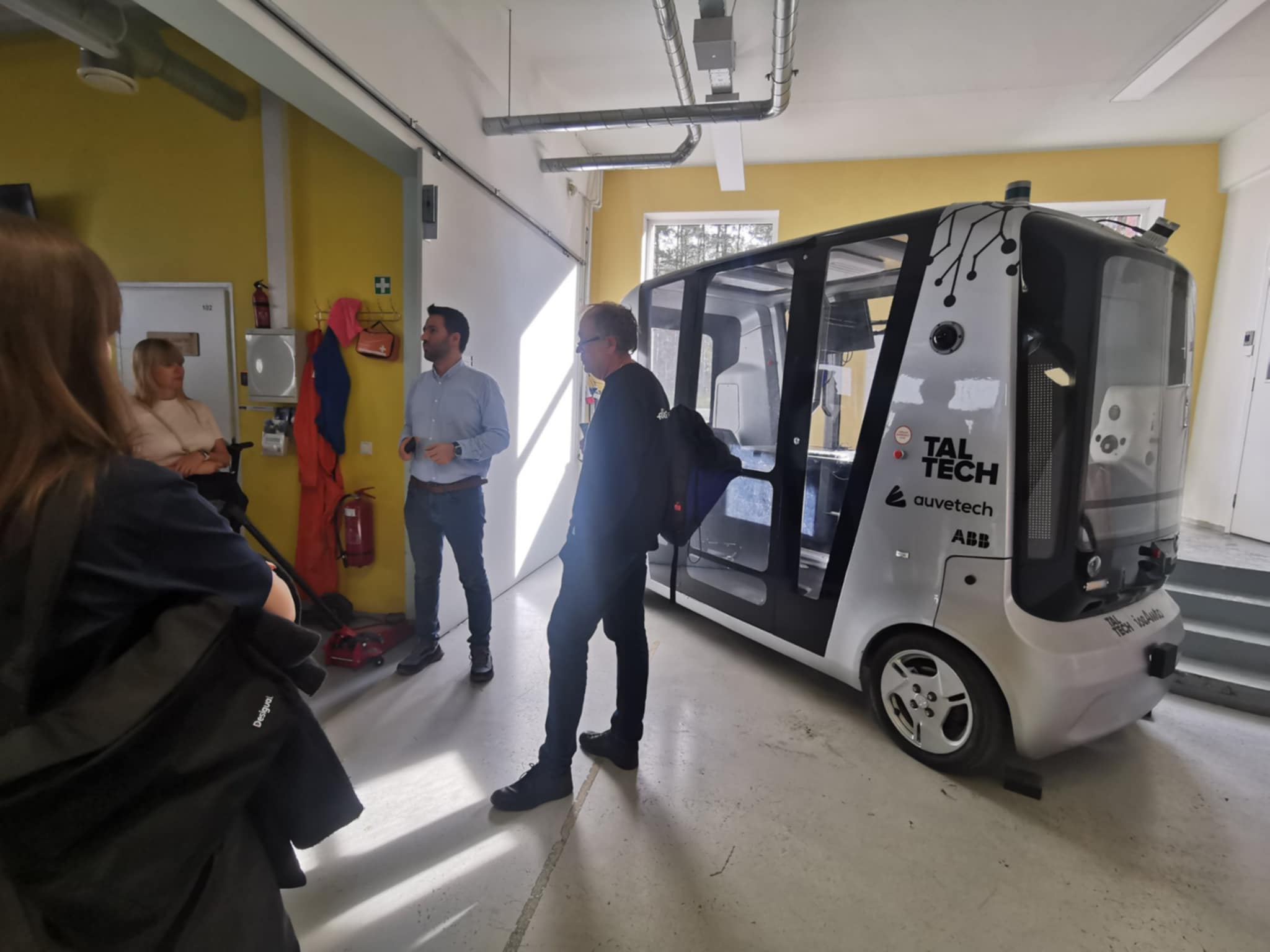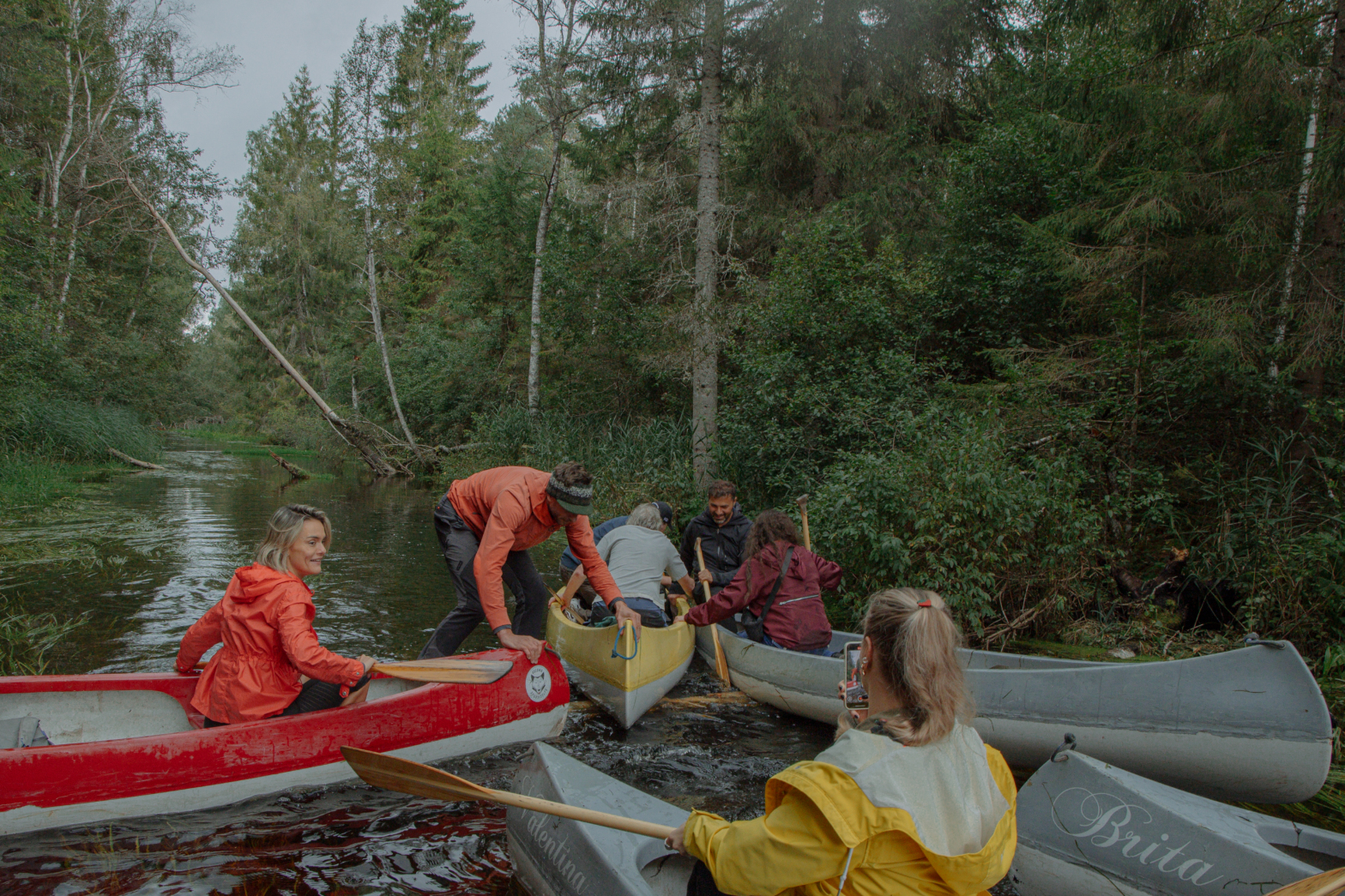A strong network of experimentation spaces
At the same time, Estonia already has a rich network of experimentation spaces that can support innovators working with cleantech and deep tech technologies from early research to market-ready solutions. These facilities are open to a wide range of users, including startups, SMEs, large enterprises, researchers and public sector actors.
Tallinn University of Technology (TalTech), which is one of the FINEX partners, plays a central role in this ecosystem. Its Thomas Johann Seebeck Department of Electronics operates the ELIN Research Laboratories, which offer R&D facilities for hardware testing, 3D printing, control systems and robotics and are used by both researchers and companies for early-stage research, prototyping and system-level testing.
TalTech also hosts the Near-Zero Energy Test House, which serves as a physical testbed for energy-efficiency technologies and renewable energy systems, and the MARTE Maritime Technology Competence Center in Kuressaare, which functions as a living lab for prototyping and validating new maritime technologies.
The university’s Mektory Startup Incubator supports deep tech, cleantech and IT startups with mentorship, prototyping labs and access to networks, while its Laboratory of Structural Engineering allows load testing and material analysis of construction materials and designs. TalTech even has an autonomous vehicles testbed on its campus for testing self-driving technologies in real-world conditions.

Beyond TalTech, Estonia offers several other valuable testing environments. The national regulatory sandbox for self-driving vehicles enables companies and researchers to test autonomous vehicles on public roads under official oversight.
Tehnopol Science Park provides access to real-life test environments, business development services and infrastructure, and hosts the GreenTech Cluster for cleantech, deep tech, spacetech and defence startups.
In Tartu, the oPEN Living Lab provides renovated apartment buildings equipped with photovoltaic panels and smart home systems for testing positive energy neighbourhood concepts, while the Sparkup Tartu Science Park operates a Drone Living Lab for unmanned aviation technologies. The Tartu Living Lab for Circular Economy offers urban spaces for testing new solutions in waste management and resource efficiency.
In addition to physical spaces, financial support mechanisms are also part of the landscape: the Prototron programme awards grants of up to €35,000 to help early-stage startups build prototypes, and the FinEst Centre for Smart Cities runs the Smart City Challenge, which in 2025 will provide €1,68 mln for piloting two innovative urban solutions.
Complete information on experimentation spaces in Estonia, Finland, Latvia, Lithuania, Bulgaria and Cyprus is available HERE.




